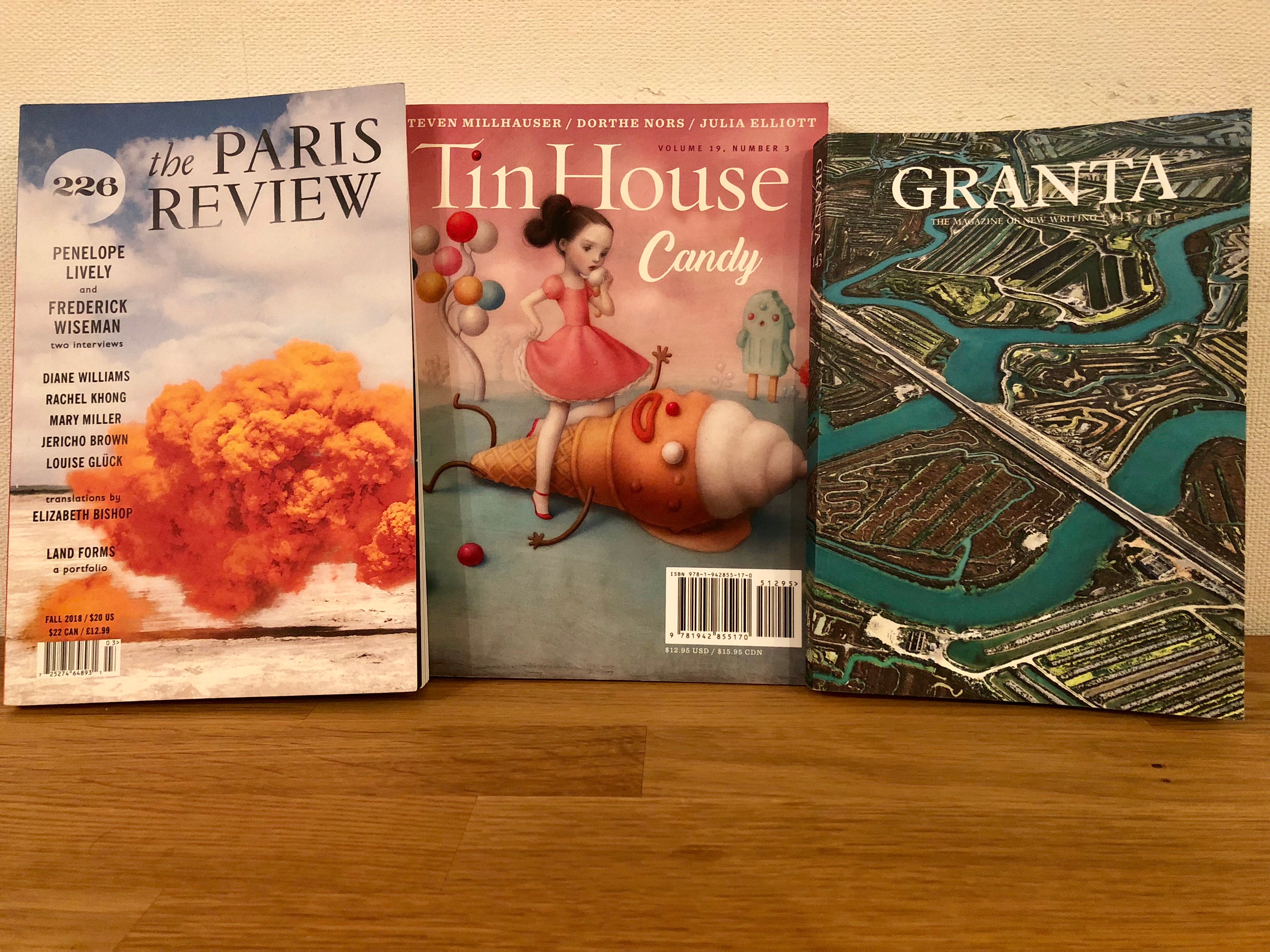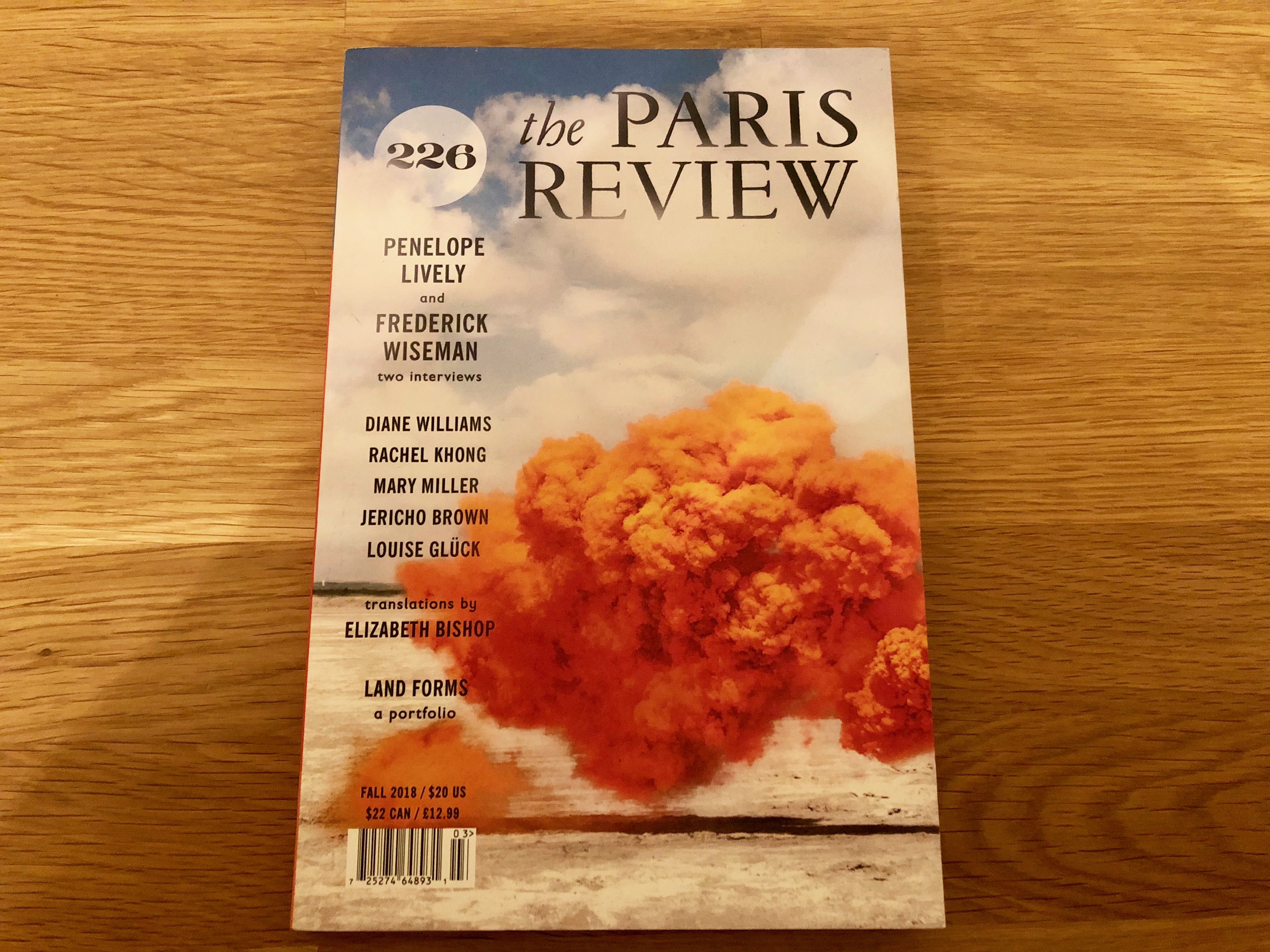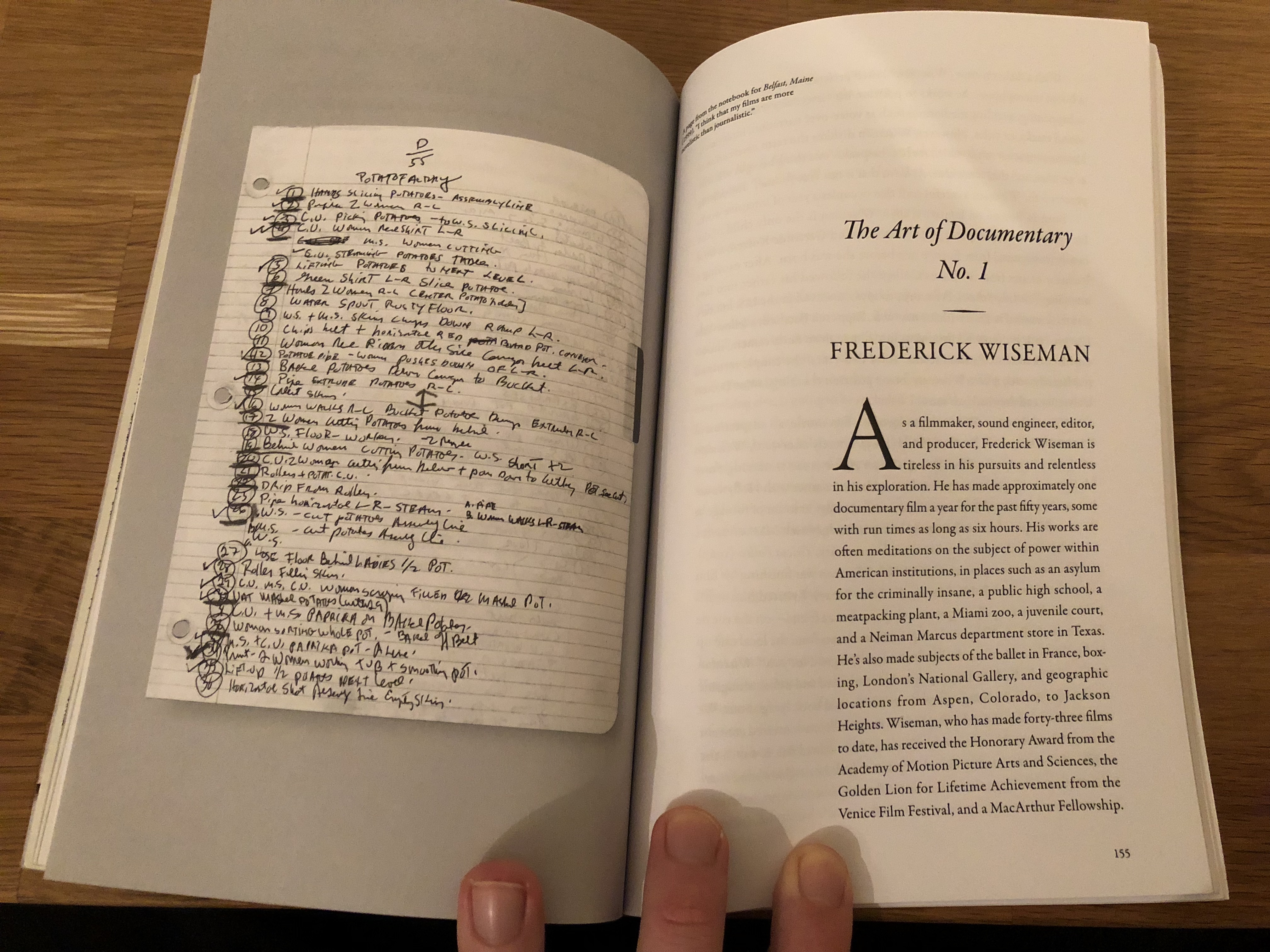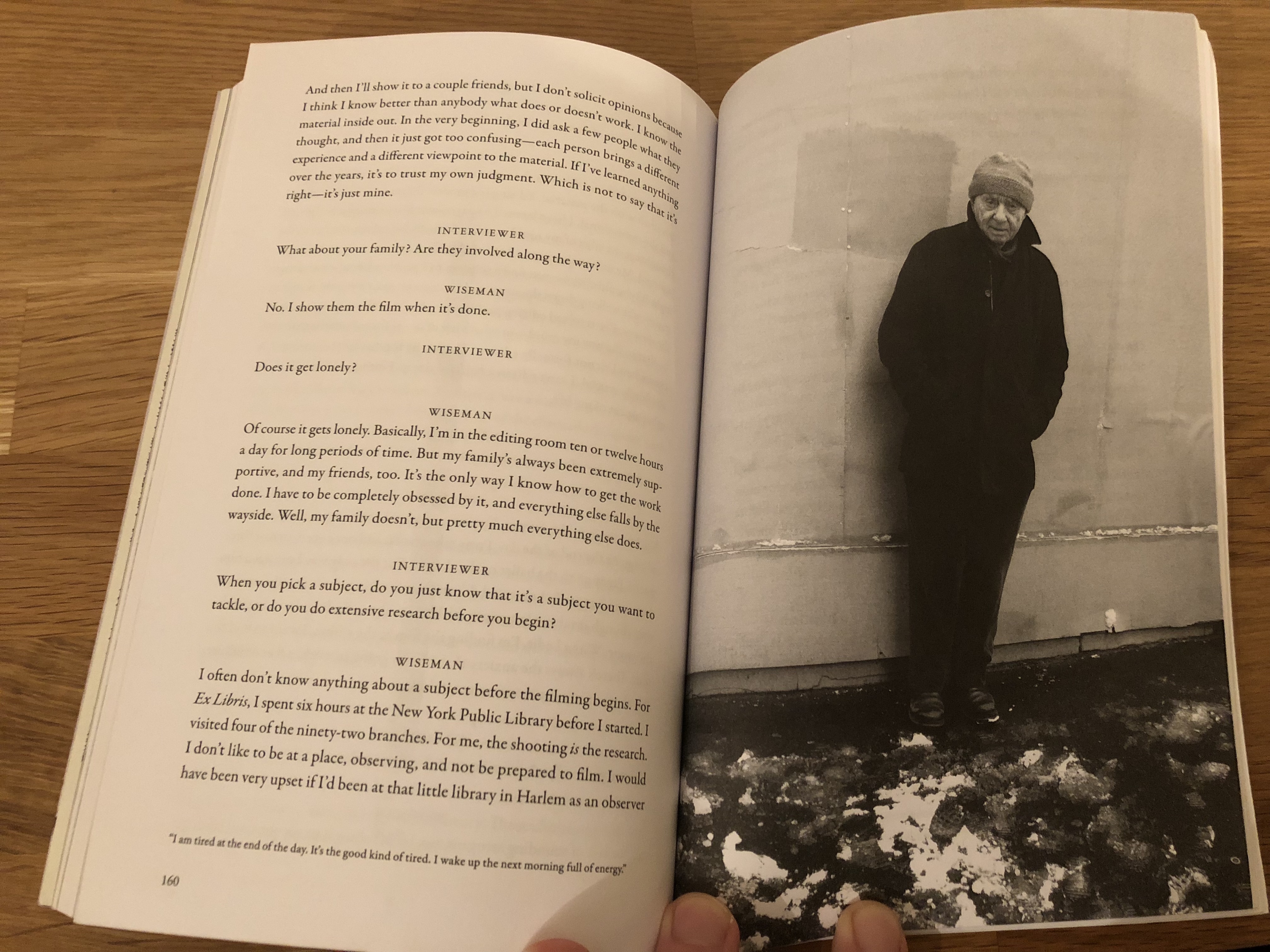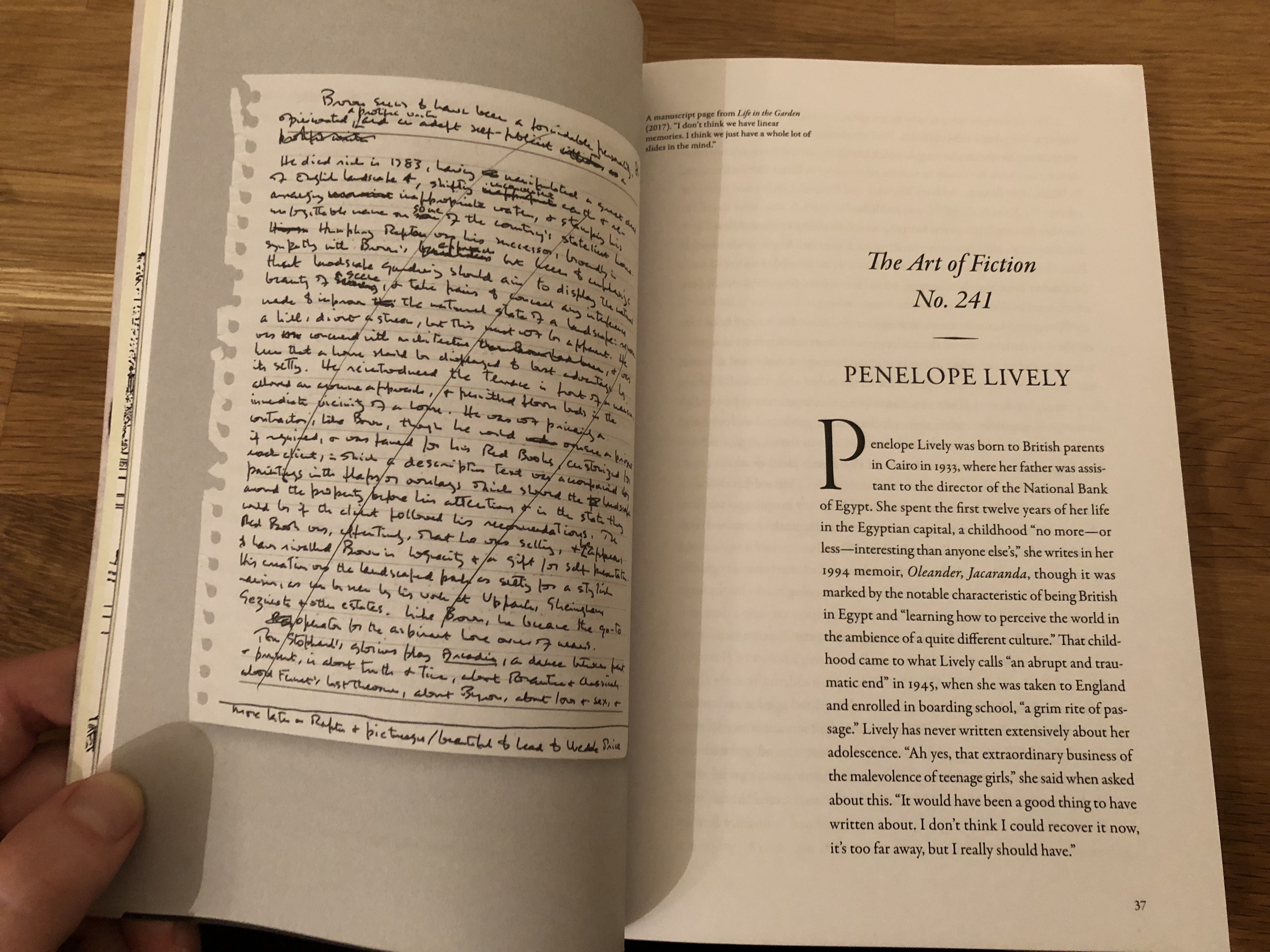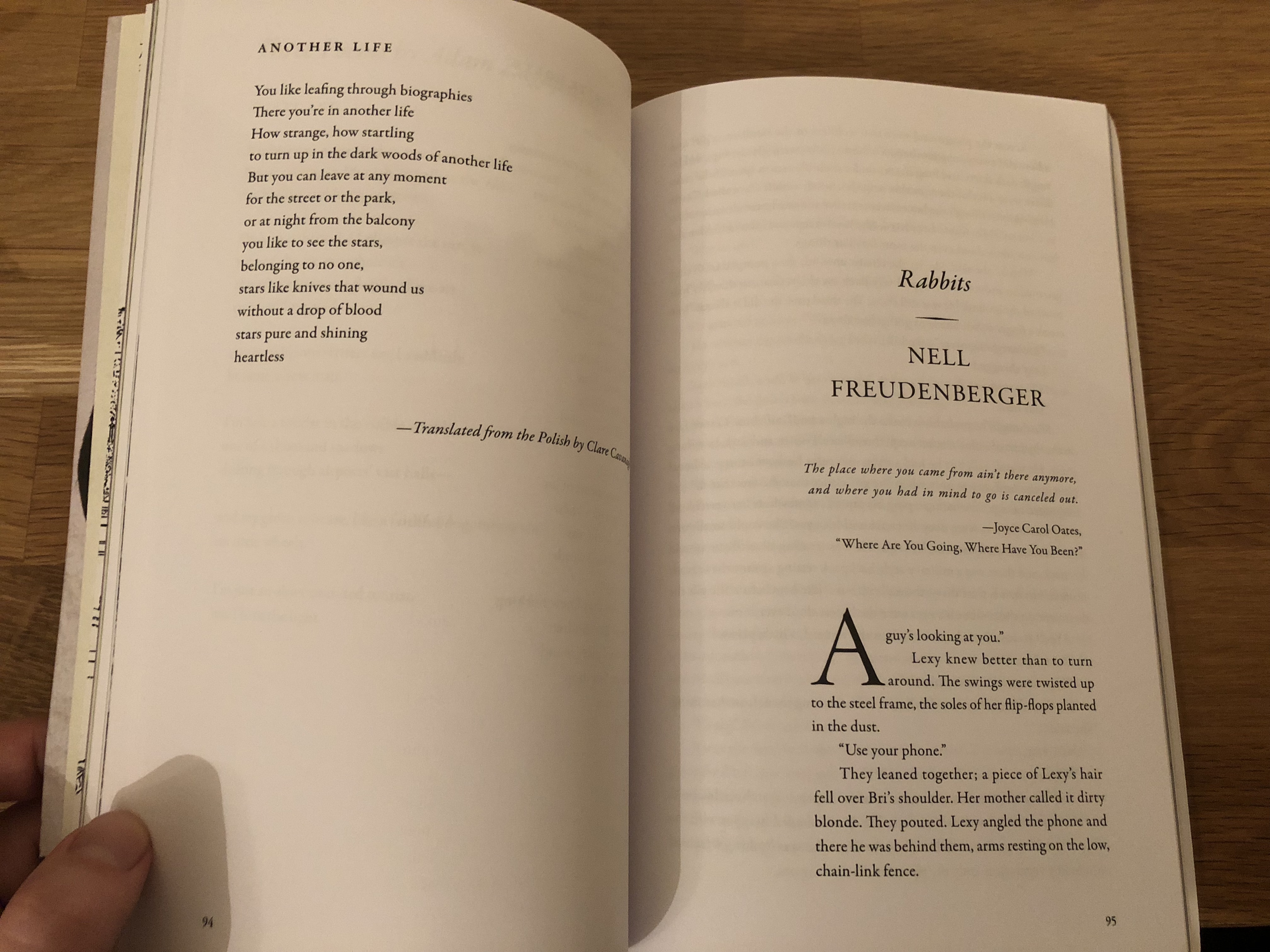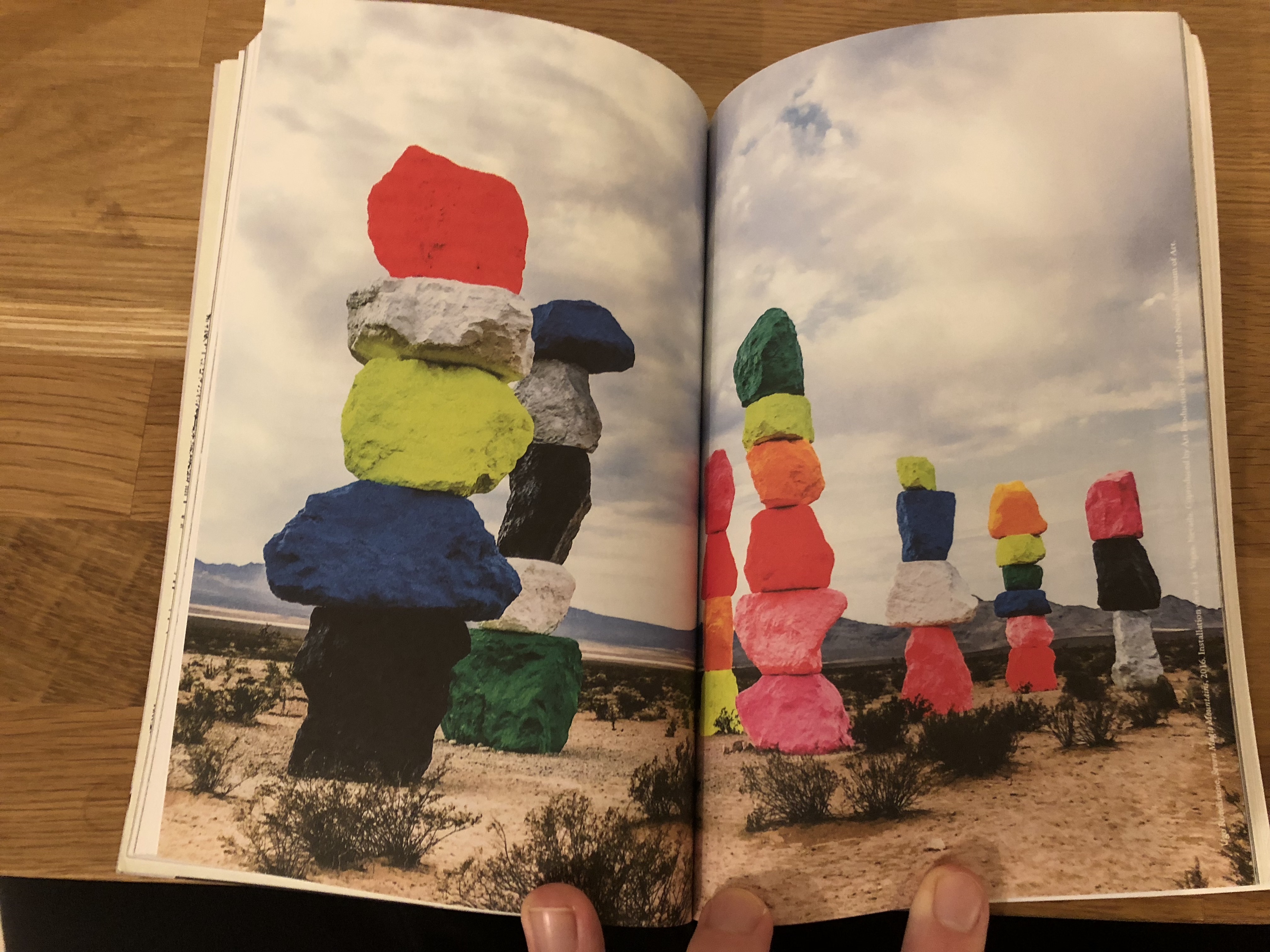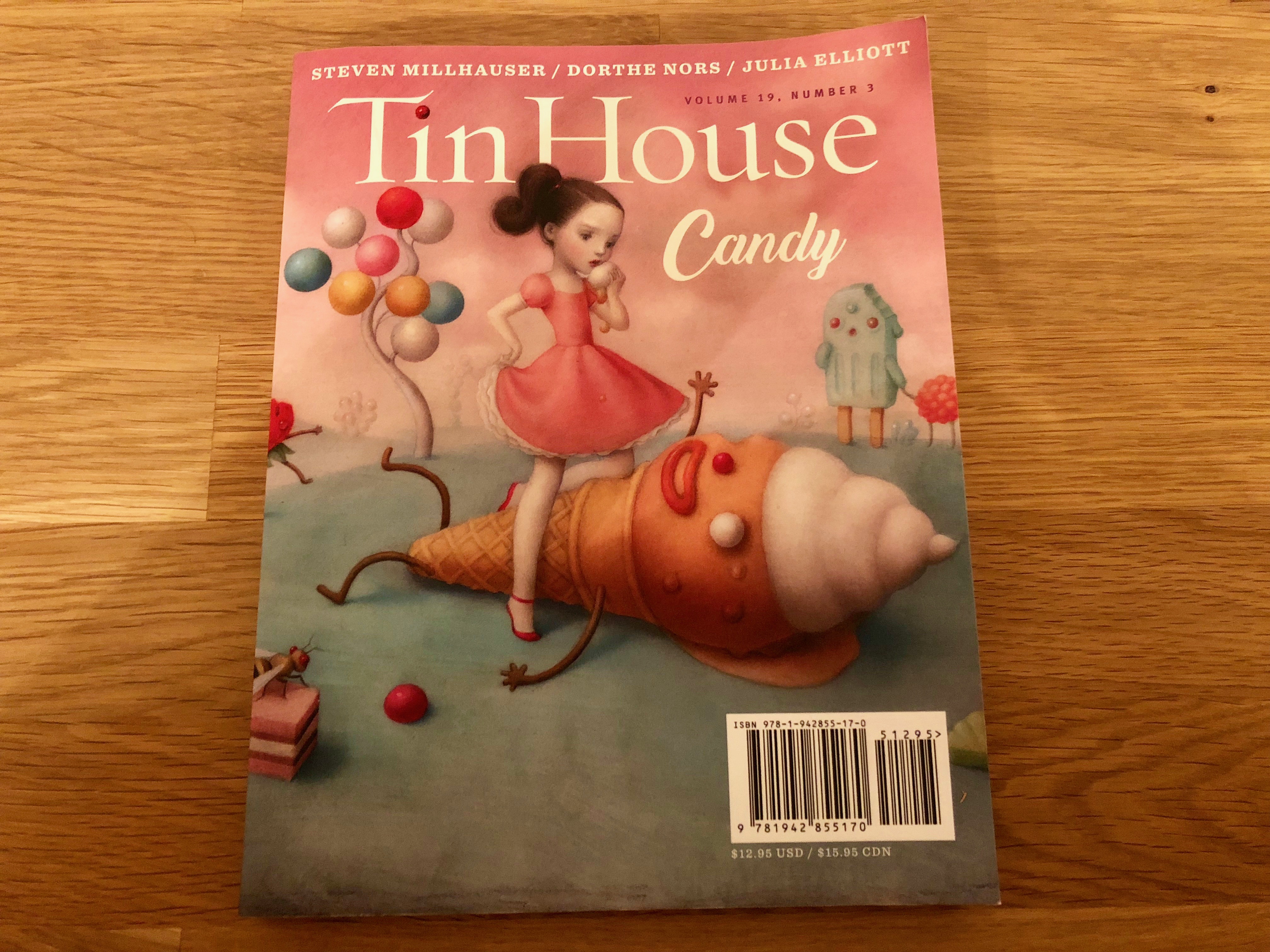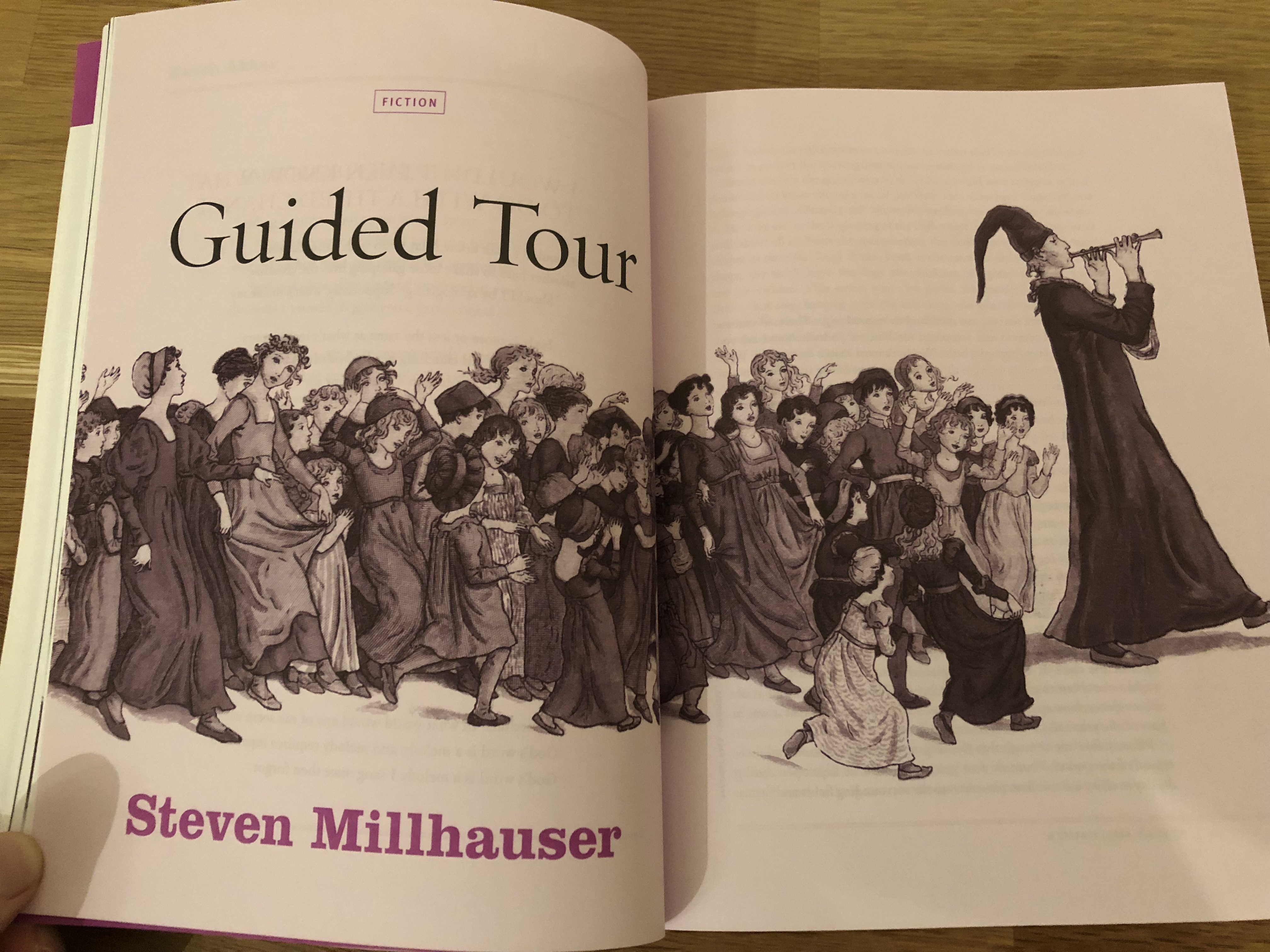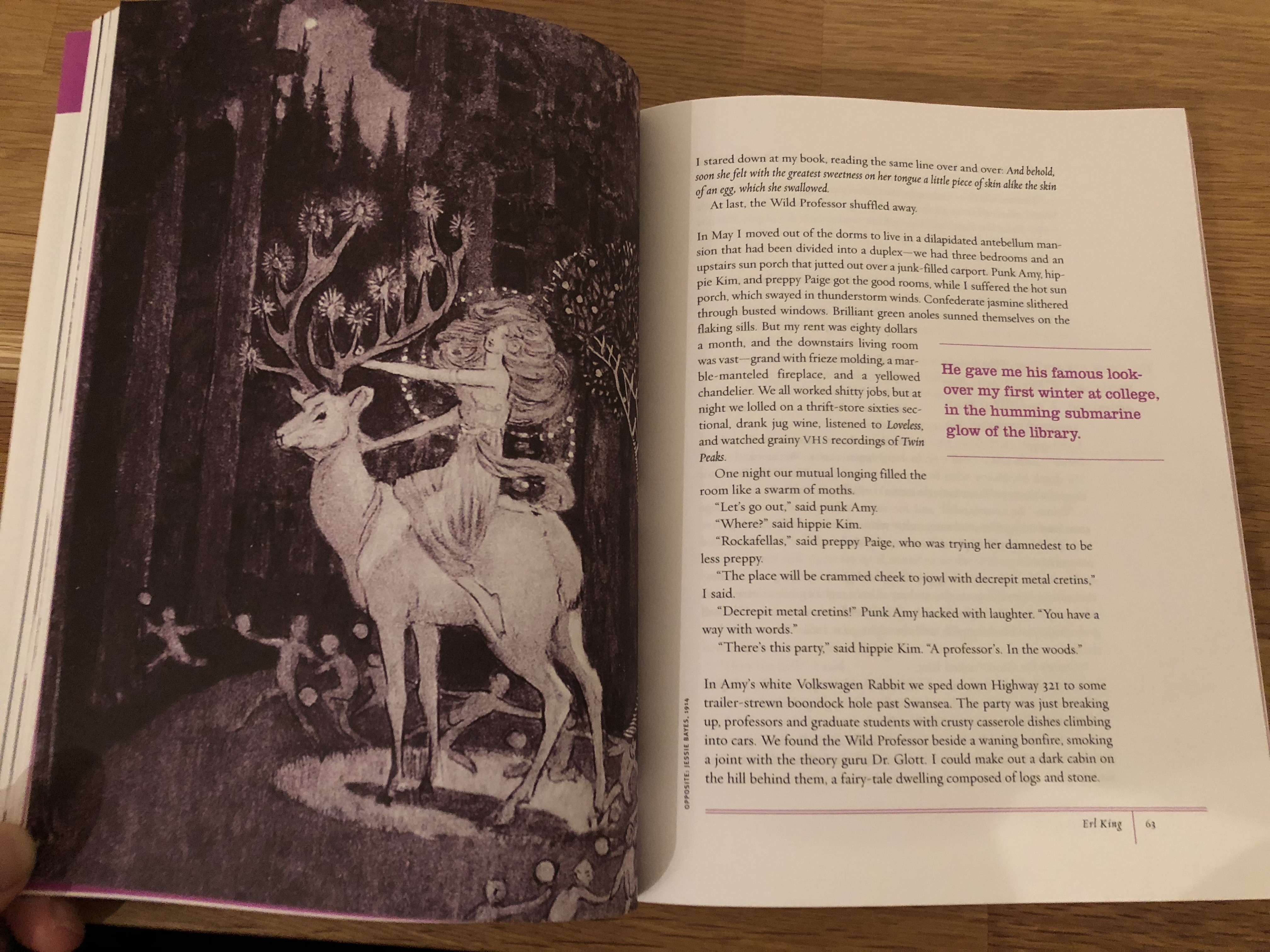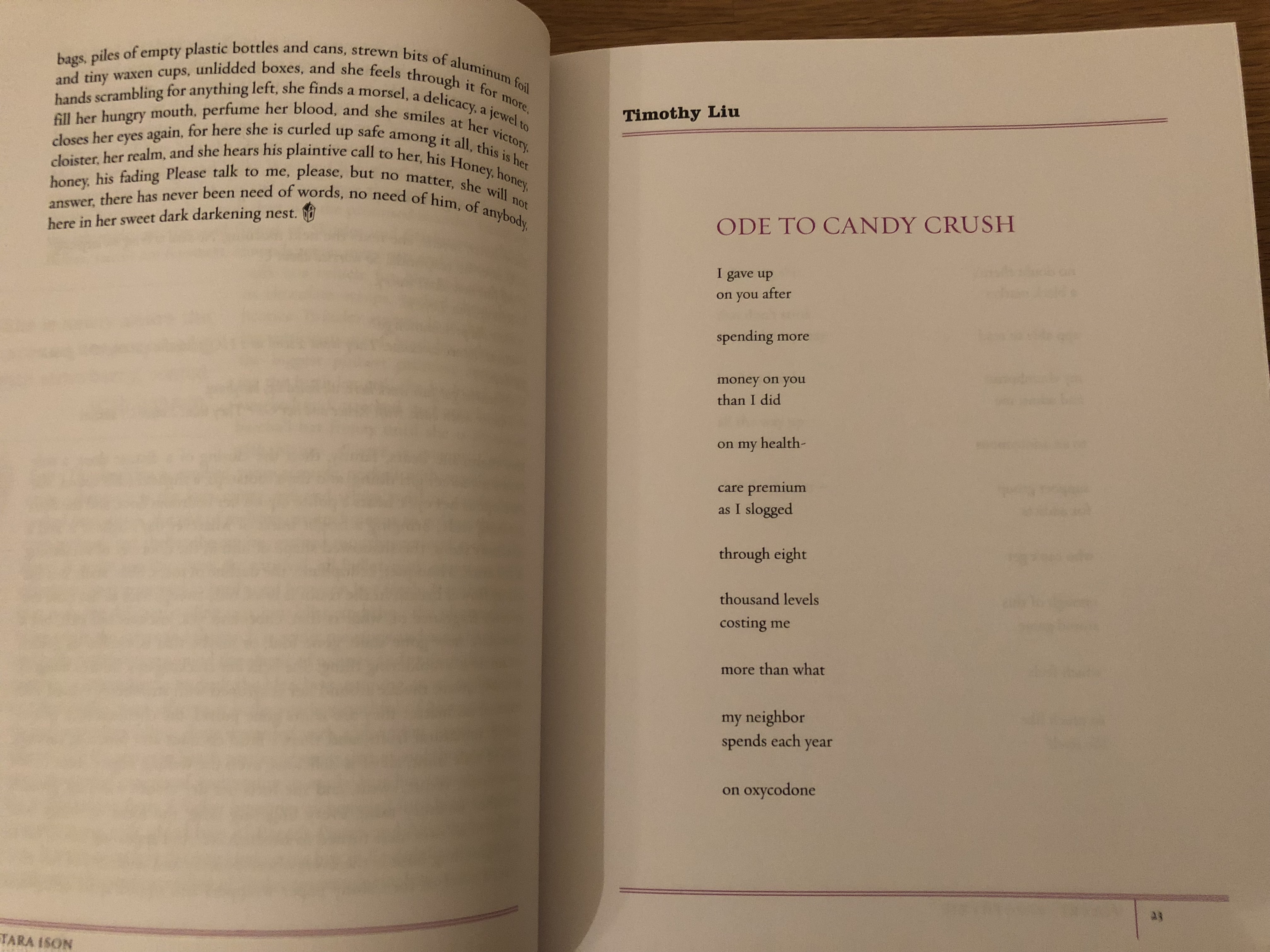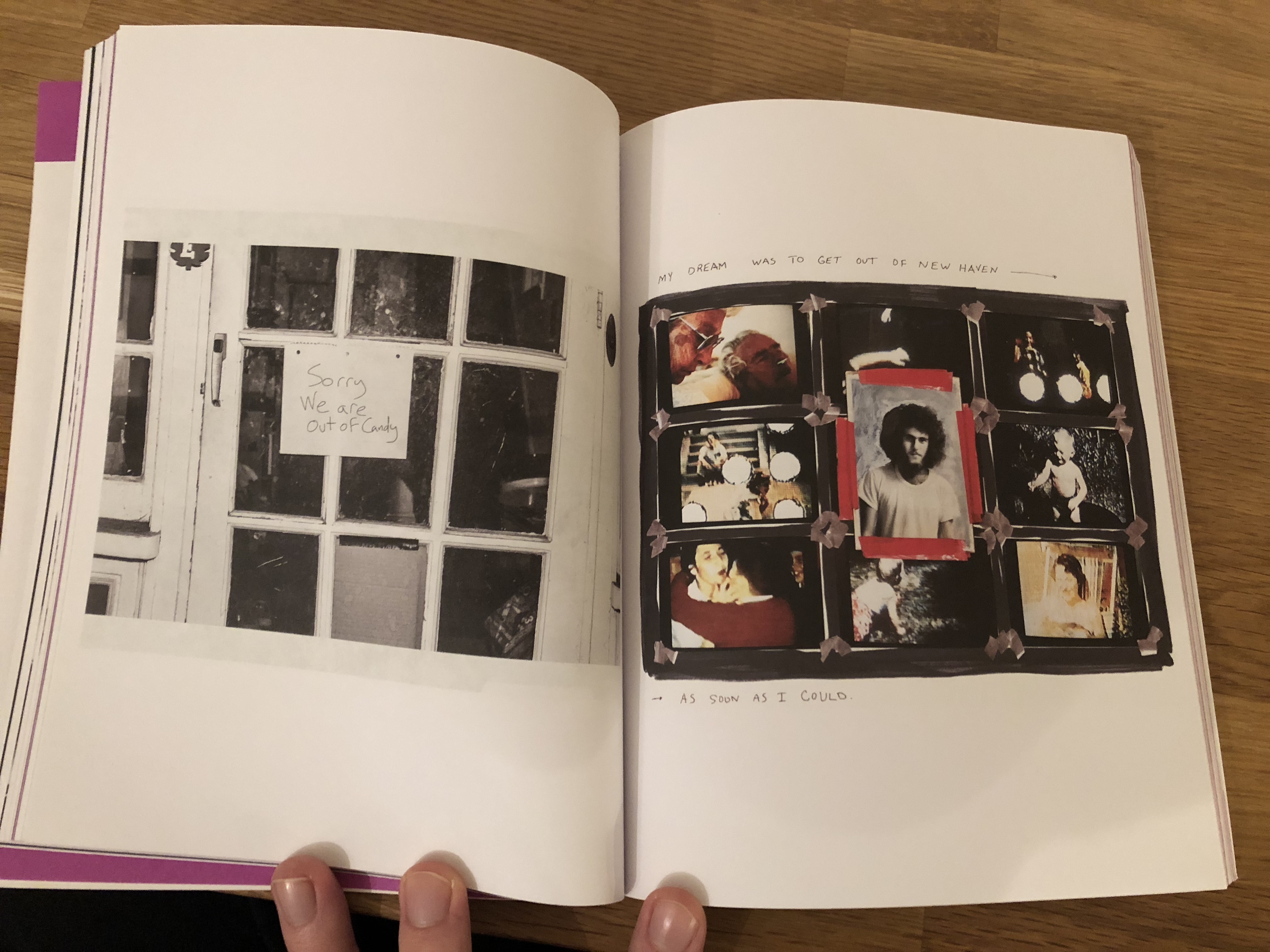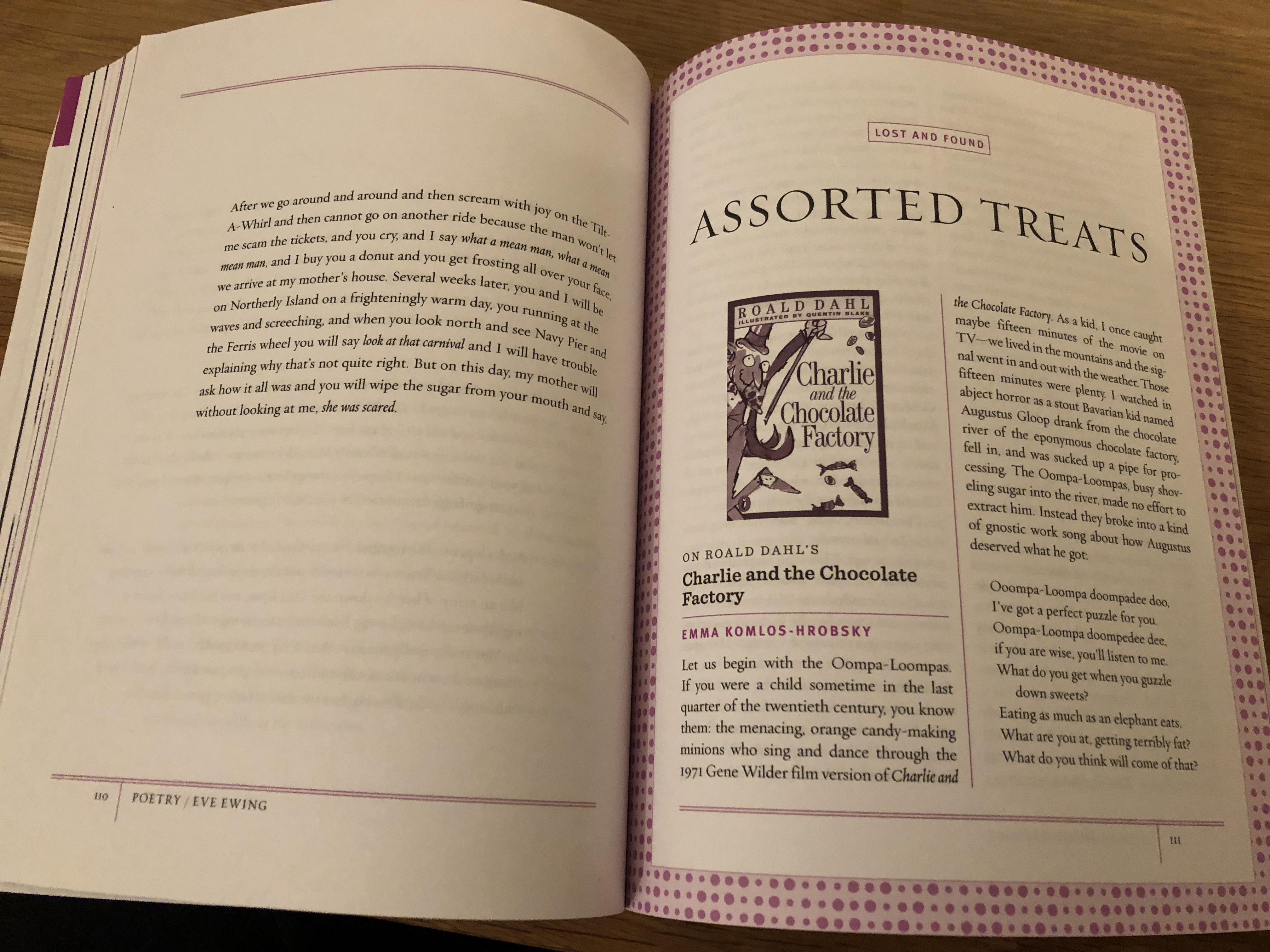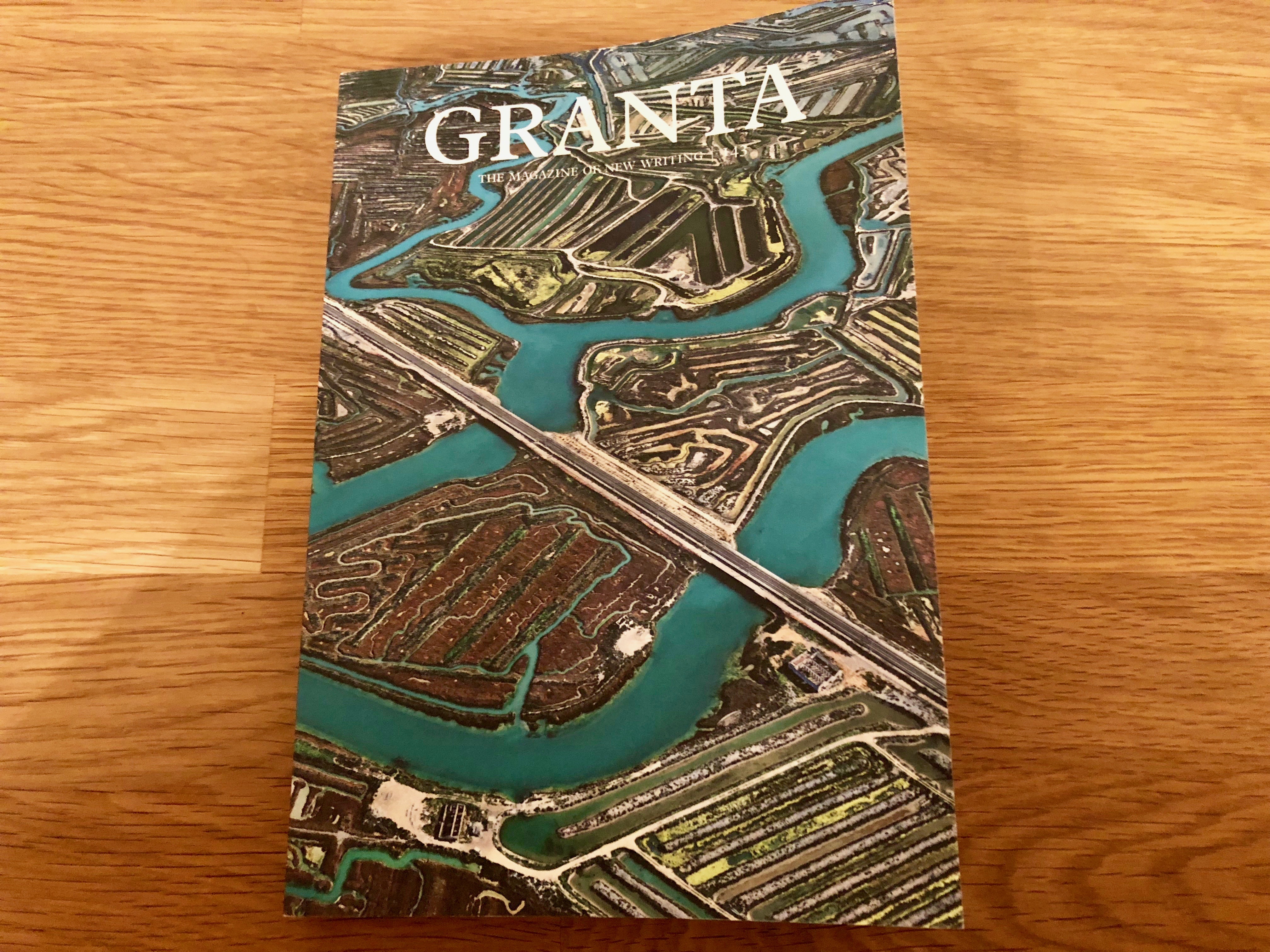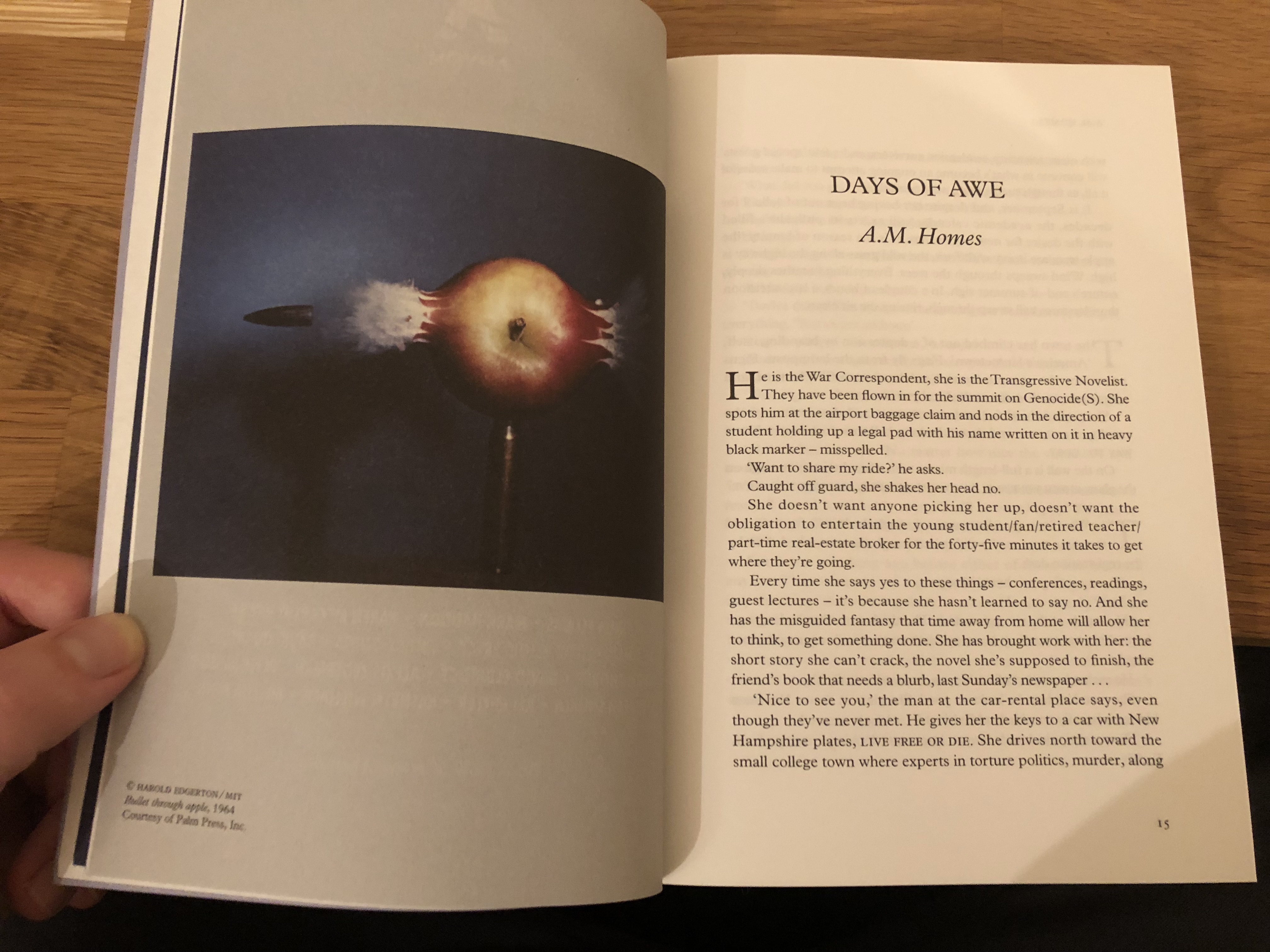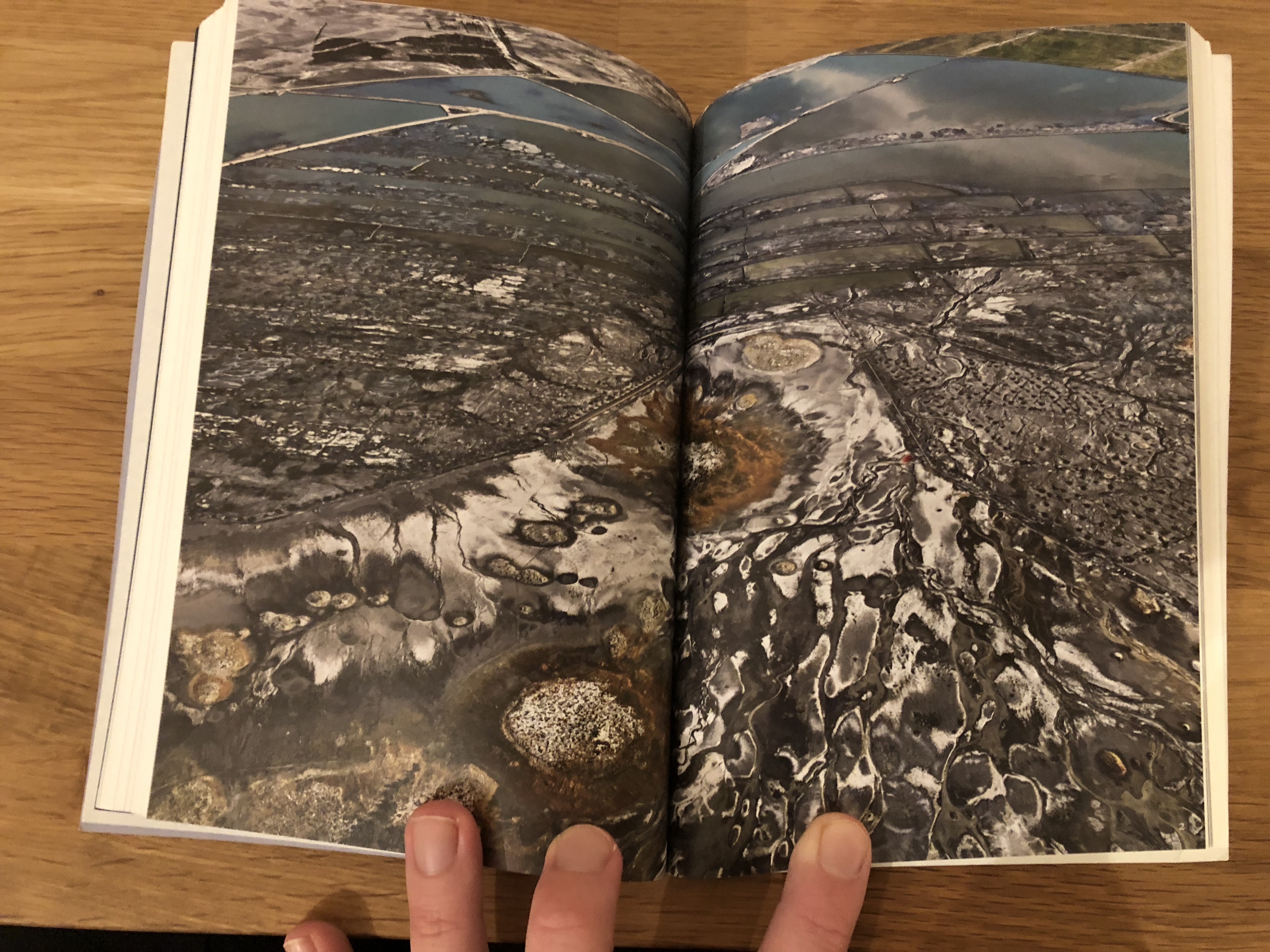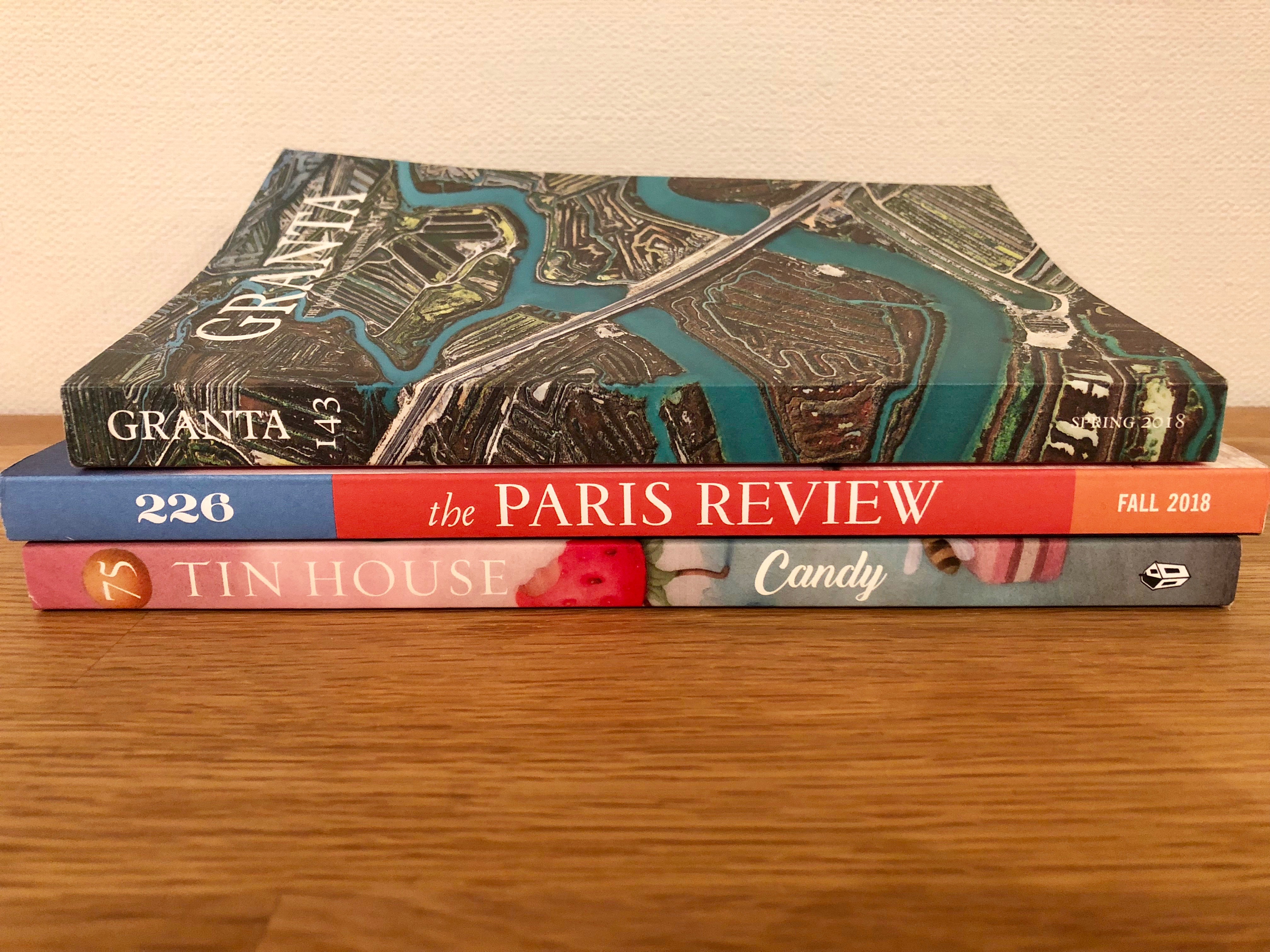Even in today’s dying magazine market, there are a lot of literary magazines to choose from. But what is the best literary magazine?
I’ve read them all and narrowed down the best literary magazines to a top three list composed of:
But out of those three, what is the best literary magazine?
Let’s look at each one, rank them on their different merits, and find out!
The Paris Review – Best Literary Magazine?
Let’s start off with The Paris Review, arguably the most famous of the three literary magazines.
Most people, when asked to name a literary magazine, will probably say The Paris Review first.
The Paris Review definitely has a special place in my heart.
Every time I have a long-haul flight, I try to grab the latest issue of The Paris Review.
I’m always fascinated by the interviews and photo essays.
There’s a lot of prestige with The Paris Review due to the magazine’s ability since 1953 to curate works from some really big literary names.
Names like Jack Kerouac, Philip Larkin, Philip Roth, Samuel Bennett, Jean Genet, and Italo Calvino.
But perhaps it’s The Paris Review’s long-form interviews that this literary magazine is most renowned for.
Interviews ranging from…
Ernest Hemingway, Ezra Pound, T. S. Eliot, William Faulkner, Robert Frost, Pablo Neruda, Vladimir Nabokov, William Carlos Williams, Kurt Vonnegut, Ralph Ellison, Jorge Luis Borges, Toni Morrison, Joan Didion, James Baldwin, Stephen King, Gabriel Garcia Marquez, Joyce Carol Oates, Raymond Carver, Salman Rushdie, Maya Angelou, Haruki Murakami…
The list goes on and on.
Here are some of my favourite interviews from The Paris Review (you can read free online):
I believe the quality of The Paris Review stays consistent from issue to issue, but whether one issue will interest you is often dependent on the editor.
There have been issues of The Paris Review where practically every essay, interview, story, and poem has entertained and moved me.
There have been issues where all I’ve gotten of interest is an interview or essay piece.
And then there are occasionally issues where I simply can’t get into anything, though I can see how others would like the issue.
The thing with the interviews is…
If you don’t know the person being interviewed it can go one of two ways.
If the interviewer asks the right questions and the answers are thoughtful in their own right, you can get a lot of value out of the interviews and you have a new writer’s body of work to explore.
But sometimes, you don’t know the person and the interview isn’t interesting enough in it’s own right to sustain your attention.
For example, I love the Kerouac interview because I went deep into his work in university and have an interest in him as a person.
But I can see how someone completely unfamiliar with Kerouac would perhaps pass over the interview.
The Hemingway interview, on the other hand, would interest those who don’t even know who Hemingway is (not that that’s possible if you’re the type to read a literary magazine).
The poems for me are highly variable, but most of them time I just don’t get them.
That’s not saying they aren’t good or it’s the fault of the poet…
I just don’t get modern poetry.
I love poetry written anywhere back from fifty years ago (and a smattering of contemporary stuff like Simon Armitage) but the poetry in The Paris Review more often than not feels pretentious, stripped of energy, and boring.
Again, if you get a big kick out of modern poetry, you’ll probably love a lot of the stuff in here and find up-and-comers who are going to be big names in the poetry sphere in 5-10 years.
There are a lot of poems in The Paris Review.
Due to the sheer amount of poetry, I do manage to find a couple of poems each volume that I enjoy.
I guess that speaks to personal taste.
If you have a big platter of different foods, not everything is going to hit your palette in waves of ecstasy.
As for the stories in The Paris Review, they aren’t going to be the kind of stories you’d find in Ellery Queen or Hitchcock.
These aren’t stories that stick to the page-turning formula of conflict obstacle in every sentence.
These are very often introspective (sometimes navel-gazing) stories.
If that’s not your jam, you’ll probably be left feeling like they go nowhere or are pretentious.
From time to time I’ll read a story that hooks me in The Paris Review and I can get swept away in the language.
But more often is the case that I feel like the writers are trying too hard to create pretty sentences that are “experimental” when in fact I can see the style has been stolen from writers who actually were experimental 20 years ago.
The aspects of The Paris Review that are less hit-or-miss for me are the portfolio pieces and photo essays.
I almost always get a huge kick out these.
I end up being exposed to something I normally wouldn’t seek out myself and the creative gears in my head start whirring.
I do love a great photo essay – not just in the styles of National Geographic or Rolling Stone but something written with as much poetry in the prose as is in the photographs.
Very often the photo essays are worth the price of the magazine itself.
They also make for great conversation starters if you have the periodical lying on your coffee table.
So let’s take a look at how The Paris Review shapes up in different categories.
The Paris Review Literary Magazine Ranked
- Interviews: 9/10
- Stories: 7/10
- Poems: 6/10
- Essays: 8/10
- As an artistic artefact: 8/10
Subscription or single issue? Buy if the issue looks interesting. But I’d skip the subscription until you’ve picked up a few single issues and decided whether your tastes will be consistently satisfied by The Paris Review.
You can check out The Paris Review literary magazine here.
Tin House – Best Literary Magazine?
I was glad to see the current issue of Tin House is taking a step back from being political.
I had a Tin House yearly subscription but I grew tired of it because, although I felt the stories were highly quality and the variety was fun, I got tired of everything being inflected by the politically left.
And that’s coming from a liberal.
I don’t mind political inflection as much as long as it’s representative (as best as possible) of all sides.
It always seemed funny to me that the left harps on about inclusion when they completely exclude content from those they disagree with politically.
Not only that, but fiction for me is supposed to be an escape.
I don’t flick through a literary magazine to read the print version of CNN.
But a lot of people do love the political stuff – especially if it comes from the side they agree with.
Having got that little rant over and done with…
Picking up the latest issue of Tin House made me decide to reboot my subscription.
As an artistic artefact, I think Tin House is gorgeous.
Not just the covers, which are always beautiful and eye-popping, commissioned by some extremely talented artists, but within the journal itself with thoughtful photos and illustrations accompanying the literary pieces.
The stories in Tin House have that artsy experimental flavour but without the pretension that sometimes comes with The Paris Review.
The stories in Tin House hit the mark more often.
The authors aren’t trying too hard and most of the time there’s an actual STORY there with characters you actually CARE ABOUT.
Of course the prose is lush and avant-garde, but the stories are way more accessible because they’re a hell of a lot of fun.
The stories in Tin House aren’t pulp fiction thrillers, but as contemporary slice-of-life etchings they are often compulsively readable.
If I want to find a new contemporary author that I’d be interested in exploring, I’m more likely to do so after picking up a current issue of Tin House than I am a current issue of The Paris Review.
If we’re talking back issues of magazines, then the older issues of The Paris Review will probably have more names I’d be interested in pursuing.
It’s kind of like Playboy in that sense.
The further back you go, the more likely you are to see names you already recognise, whereas the newer issues seem to lack that.
While you are more likely to discover great stories from authors you don’t know, Tin House, despite it’s age of two decades, still has a history of publishing renowned authors like Alice Munro, Stephen King, Pablo Neruda, Donna Tartt, and David Foster Wallace.
The poems in Tin House are a pure joy to read.
While I don’t like all of them (how could anyone like everything in a curation?), the thing that makes the poems of Tin House stand apart from those of The Paris Review is that they don’t take themselves too seriously.
The Paris Review poets are perhaps so blinded by the prestige of the periodical that it strips all joy from their verse.
Whereas a more hip, younger magazine like Tin House draws a crowd that doesn’t take itself as seriously.
Tin House was founded in 1998 versus The Paris Review being founded in 1953.
Case in point:
The latest issue of Tin House had a really fun poem by Timothy Liu called Ode To Candy Crush, which I thought was such a delight.
When it comes to essays, if we’re comparing Tin House to The Paris Review, they are more accessible while still being what the highfaluting types would call “literary”.
The essays in Tin House are more accessible because they detail topics the common reader is already familiar with, whereas The Paris Review is more likely to give you an essay on the aesthetics of some obscure poet and just expect that you’ll know them and have interest in learning about them.
It’s kinda of like reading a university student’s PhD thesis versus reading something designed more as a memoir.
The photo pieces in Tin House, also like The Paris Review, offer up something tantalising almost every time.
Even though I love the photo pieces in The Paris Review, again there is a slight flavour of trying to be artistic, whereas the pieces in Tin House, while still being eminently “literary” (if you can call photo pieces literary) still retain a sense of playfulness, familiarity, and warmth.
Another aspect I really like about Tin House is what I would call commentary/critical pieces.
Not reviews as such, but they are a bunch of different miniature essays on some aspect of a famous book or piece of art.
In the current issue, there was a tongue-in-cheek and well-written piece about the race issues in Roald Dahl’s Charlie and the Chocolate Factory that I really enjoyed.
Now let’s see at how Tin House scores in different categories.
Tin House Literary Magazine Ranked
- Stories: 9/10
- Poems: 8/10
- Essays: 9/10
- As an artistic artefact: 9/10
Subscription or single issue? Subscribe! Grab an issue first (this is the latest issue that made me resubscribe), see what you think (I’ll bet you love it), and then take the plunge. Or if this already sounds like it’s right up your street, a subscription will end up being cheaper so go for it. Tin House is definitely the kind of periodical that you’d really look forward to receiving each quarter.
You can check out Tin House literary magazine here.
Granta – Best Literary Magazine?
Now let’s take a look at our third and final contender in the race for best literary magazine.
Granta is the oldest of the three, a UK publication founded in 1889, and has a rich history of publishing the early works of famous authors like Sylvia Plath, Ted Hughes, A. A. Milne, and William Empson, and has featured authors like Kazuo Ishiguro, Martin Amis, Ian McEwan, Iain Banks, Ben Okri, Will Self, David Mitchell, Zadie Smith, Jonathan Franzen, and Mona Simpson.
The short stories in Granta feel halfway between the style of The Paris Review and that of Tin House – more serious than Tin House in tone, but not as try-hard or at least more effortless in its literary qualities that The Paris Review.
The stories are more long-form too.
You can really get stuck into one story from Granta, whereas you can gobble up two or three from Tin House and The Paris Review.
There’s a more mature quality to the stories in Granta.
Sometimes I’m too aware I’m reading an art-house story when reading The Paris Review and it can feel juvenile.
Tin House, while the stories hit more consistently for me than The Paris Review, also feels like the authors are still finding their voices (obviously that’s a risk you take when you search for up-and-coming talent).
Granta, on the other hand, feels more set-in-stone.
I really love the art pieces preceding the stories in Granta.
They are typically somewhat related to the story, but the thing I really love is these art pieces can stand alone.
You can enjoy the art on its own merit.
The essay and photo pieces in Granta leave me feeling much smarter than the ones from The Paris Review.
The Paris Review can sometimes make me feel smarter, but often the topic is way too niche for me to care.
The essays in Tin House are more memoir pieces and they always move me.
Granta’s essays are often like thrilling journalistic editorials and I feel much more knowledgeable about whatever subject is being dramatised after reading it.
When it comes to the photo essays, I don’t think you go to Granta for the photos alone.
You go to Granta for the stories.
But, my goodness, do the photos make an impact.
As for poems, Granta is thin on poetry and the stories definitely outweigh the amount of poems, but the poems that are there certainly do appeal to me.
The poems in Granta are there more as a means to break up the stories rather than part of the fabric of the magazine itself, and yet the quality seems more consistent perhaps because a small amount means more careful curation.
Granta Literary Magazine Ranked
- Stories: 8.5/10
- Poems: 7/10
- Essays: 9/10
- As an artistic artefact: 7/10
Subscription or single issue? I’d recommend getting started buying a few single issues and seeing how you like it. Personally I love ordering an issue whenever I’m in the mood for a block of short stories, though for the voracious readers out there I could certainly see the value in a subscription.
You can check out Granta literary magazine here.
Takeaways: What Is The Best Literary Magazine?
If you’re looking for a BOOK, a reading experience akin to a serious collection of short stories, then Granta is the best literary magazine.
If you’re looking for a great all-rounder and you want a colourful, fun literary experience with consistently moving short stories, essays, photos, and poems, then Tin House is the best literary magazine.
And if you want some of the best interview journalism with literary pieces that are hit-or-miss than The Paris Review is the best literary magazine.
For my money, if I was going on a long train ride and only had to pick ONE literary magazine, I’d pick up a copy of Tin House hands down as the best literary magazine.
After that, it’s a tie between The Paris Review and Granta depending on who is being interviewed in The Paris Review.
If the interviewees interest me, the winner is The Paris Review. If they don’t interest me, then Granta is the clear winner for me and I’m more likely to get a bunch of short stories I’ll love.
What’s Your Favourite Literary Magazine?
Did I get it right?
Do you agree or disagree with my reviews of The Paris Review, Tin House, and Granta?
Did I leave another literary magazine out?
Let me know! As this is a highly subjective ranking, I’d love to hear your opinion too!
